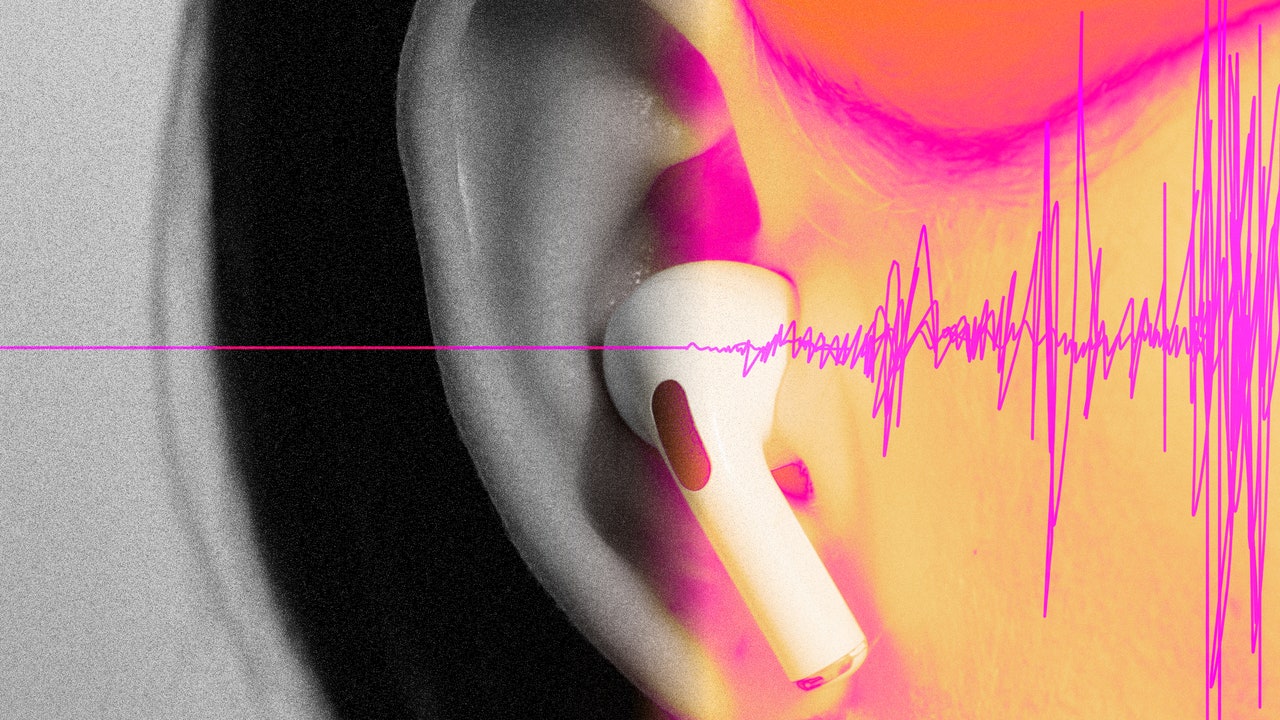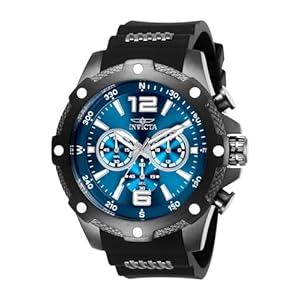
The effects of hearing loss can be wide-ranging, leading to increased stress at work, isolation from friends, and even diminished cognition. “That’s one of the reasons that the Biden administration passed that over-the-counter law is that it truly could be preventative when it comes to cognitive decline-slash-dementia,” says Desai, citing a study published by Johns Hopkins found that the likelihood of dementia among hearing-aid users was lower than those who didn’t wear the devices, and also that older adults who experienced more severe hearing loss were more likely to have dementia.
For Apple, the move to create a health device isn’t new, but many of Apple’s health features to date have centered around proactive behaviors (standing every hour) or detection (finding irregular heartbeats), so the hearing aid software—which is clinically validated and authorized by the FDA—for daily life is mega in terms of staking its claim as a health-focused tech company.
In testing out the system, I found that, as with many things that Apple launches, everything felt pretty seamless. I set up my AirPods Pro 2 in a matter of minutes, then clicked on the connected AirPods device and the hearing test in the settings menu. With my AirPods in my ears, I sat in a quiet space and tapped through a few prompts that asked me some lifestyle questions, like whether I’d been to loud spaces like a concert in the past 24 hours or presently had allergies or a sinus infection.
Then, the system tested whether the tips of the earbuds were sealed in my ears and I was off. I listened to a series of quieter and quieter beeps in my left ear, then switched over to my right ear and did the same. At the end of the test, Apple instructed me that I presently don’t have any hearing loss, and that my AirPods wouldn’t get any dynamic changes at present. The thing is: That might not always be the case, and it’s so much easier to sit in a quiet space and take a 10-minute test than it is to have to schlep to a doctor, get a pricey prescription, and then shell out thousands of dollars to fill it.
“With all of our features, you’ll see a thread that we’re just trying to help you start thinking about your health in a different way, because I think what ends up happening traditionally…is most people think about their health when they’re sick, they don’t actually [think about it] when there’s something wrong,” says Desai. “I think we just wanna continue to pull on the thread of like, ‘how do we educate people more to be proactive around their health?’”
This year, the Apple Watch—which is for all intents and purposes has been the core health hardware in the Apple lineup—turns 10, and it has gained much along the way: fall detection, crash detection, sleep apnea detection, cycle tracking, a pulse oximeter during a once-in-a-century pandemic—the list goes on. The Watch has, at mass scale, changed the way we see our health. Will the next decade of hearing aid functionality cause a similar shift? We wouldn’t be surprised.
Trending Products










